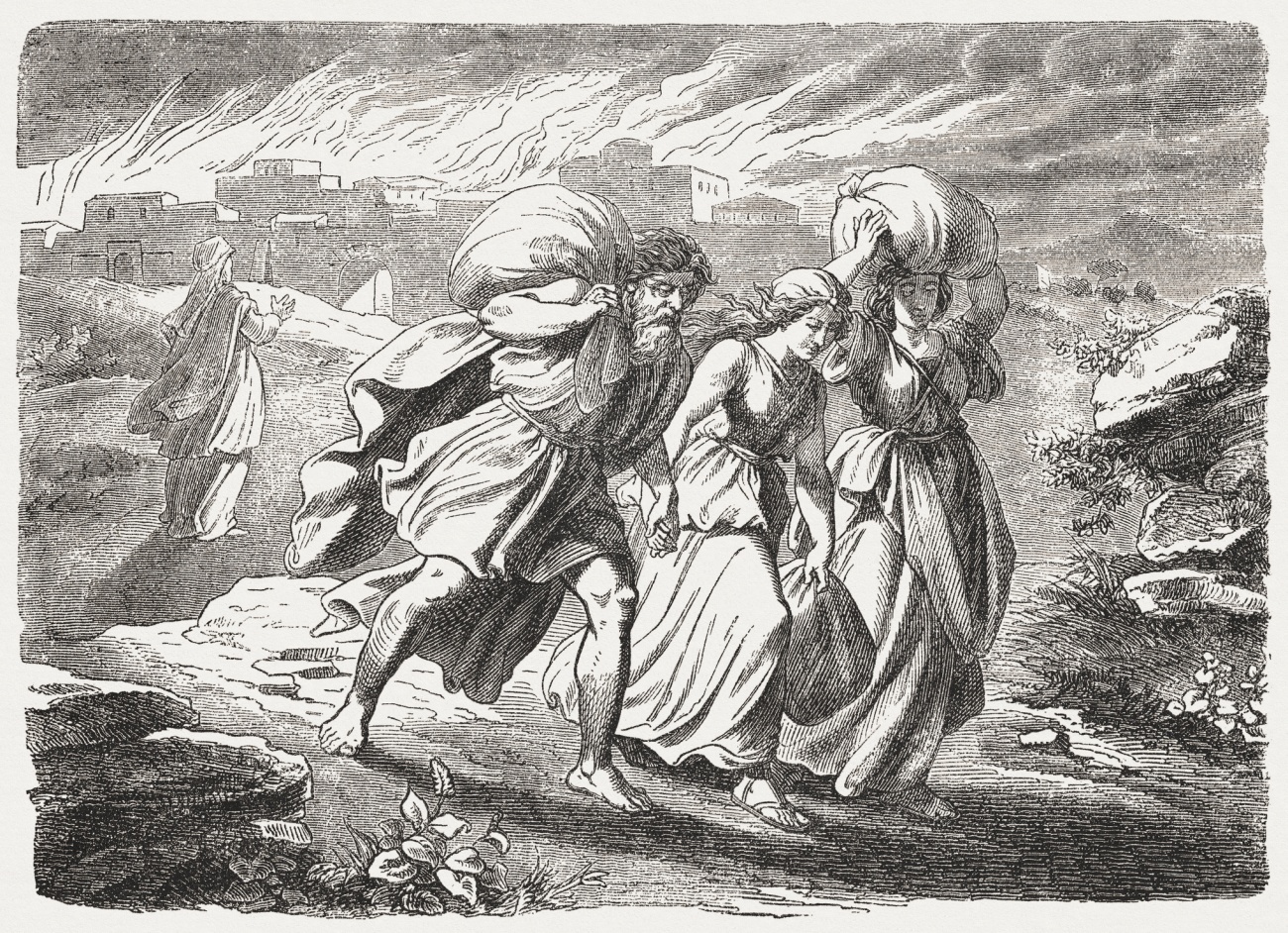Grant The People’s Every Request, 1 Samuel 8:4-22
Too many today think that they can actually warp reality with their words.
This reading could have been written today for it describes what is happening in society and, sadly, in the church in our own times. The people of Samuel’s time had become worldly and began to desire the worldly things that they saw in the other cultures around them, chiefly represented by the authority of a king. In other words, culture, not religion, had become their central source of inspiration. They wanted to be like the cultures around them. They had come to believe that worldly wisdom was better than the wisdom that the prophet Samuel offered them in the name of God. They demanded that Samuel, “Appoint a king over us, as other nations have, to judge us.”

The next sentence is very revealing. God tells Samuel, “It is not you they reject, they are rejecting me as their king.” In our times, we see this behavior again, both in society and in the church. The 19th-century German philosopher, Fredrick Nietzche, looked at how the people of his time were no longer going to, or listening to God, for the answers they sought, but to the culture, to the things that appealed to their immediate gratification. He was making a simple observation when he wrote that, as far as most people were concerned, “God is dead.” It is even worse today.
In terms of the church today, according to PEW polls, more people refer to themselves as “nones,” that is, people who no longer identify with any religion, than there are those who claim to belong to any of the Christian denominations. In society, there are growing numbers of those who consider themselves “woke”, and who say that religion and ideas of morality are passe, or mere superstitions. Many of these think that they can change reality with mere words. Really? That’s not being “woke,” that’s insanity. And many in the Church reject this or that doctrine or deny dogma in favor of their own personal ideas. The evident result in each case is division, confusion, and disaster.

To advance this idea further, Samuel did as God told him to do, he delivered God’s message to the people in full. He outlined all that would happen when they got the king (the cultural desires) they demanded. He lays out the truth to them about how the king would think of them and how he would use them for his own purposes, just as all the kings around them thought about and treated their peoples. He even goes so far as to say that when they get their desires fulfilled, they will eventually begin to “complain against the king whom they have chosen, but on that day the Lord will not answer you.” God is saying the same thing to us today. Still, the people had become so sure of their own wisdoms, so positive that they knew better, and they responded saying, “Not so!” We want what we want. In his wisdom, God is still granting us our free will today. Do we give it to him or do we give it to our worldly desires?

Today we see many in society saying things like, “My truth is my truth and your truth is your truth.” We see this in the world and we see it in the church. This is luciferian thinking, precisely because it is rooted exclusively in the ego. This total attention on the ego represents a denial of love. It distorts the wisdom of God for its own purposes. Too many today think that they can actually warp reality with their words. They fool themselves into thinking that they can shape their own personal morality based on their own personal likes and dislikes, rather than shaping their likes or dislikes on universal moral truths. One makes a god of one’s self. This is madness and it is all around us in politics, in society, and sadly, too often, within the church.

Instead of living in accord with the wisdom of God which is really true, good, and beautiful, we, like the Jews of Samuel’s time, are in danger of having our sense of what is really true, good, and beautiful distorted by the false lures of the world and all of its earthly passions. And when this happens, the only results that can come from it are anger, violence, division, and despair. Sound familiar? In the Old Testament we see two cities where this kind of thinking became so common that God became justly angry and threatened destruction on the whole people: Sodom and Gamorrah, and Nineveh. The difference in the ends of these stories was that one, Sodom and Gamorrah was utterly and thoroughly destroyed because the people remained stubborn in their pride, and the other, Nineveh, was saved from God’s wrath because the people repented and changed their ways. Which of these stories will be ours?
SKM: below-content placeholderWhizzco for FHB

